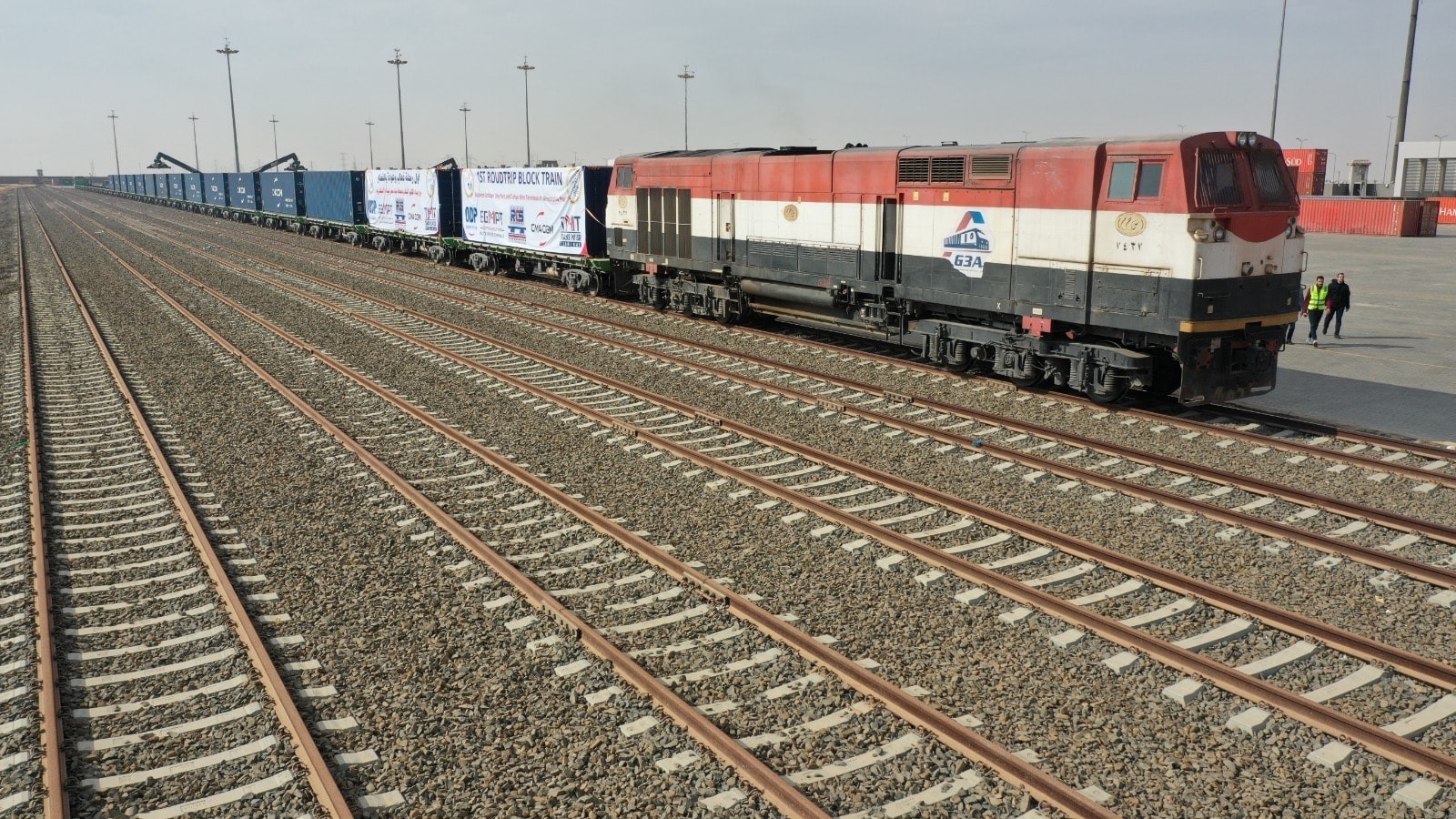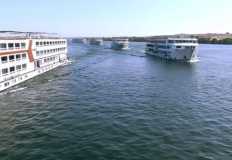
The General Authority for Land and Dry Ports, under the Ministry of Transport, issued a call to investors, business leaders, exporters, and producers on Saturday, urging them to invest in Egypt's dry ports and logistics zones. This highlighted the sector's substantial advantages and its ongoing rapid development within the country.
This will contribute to facilitating trade flow, reducing the congestion of goods and containers at seaports, improving the level of logistics services provided, reducing the high cost of freight transport, facilitating the movement and connection of manufacturing and consumption sites, reducing negative environmental impacts, reducing the time and procedures required for customs inspection and clearance, achieving economies of scale in distribution to end users due to efficient railway connectivity, reducing accidents on national road and urban networks, creating job opportunities, and improving the efficiency of logistics supply chains in Egypt.
According to the Ministry's statement, the following
dry ports are available for investment: Sadat, Borg El Arab, Sohag, and Abu
Simbel. Investors are directed to the General Authority for Land and Dry Ports,
located within the Ministry of Transport building in the New Administrative
Capital's Government District, to complete the necessary procedures and execute
contracts.
The 6th of October Dry Port, inaugurated in June 2023, represents a successful model of public-private partnership, a breakthrough in the transportation and logistics system. It plays a prominent role in facilitating the movement of exports and imports and preventing the congestion of seaports with containers. Goods are transported from the port to seaports via the railway network, in addition to its fast and efficient customs procedures that operate according to an advanced digital platform. It contains customs warehouses for storing incoming goods, whether public or private warehouses, with the availability of value-added services such as packing and unloading of goods, mixing foreign products with other foreign or local ones for the purpose of re-export only, container repair, and refrigerated container inspection.





